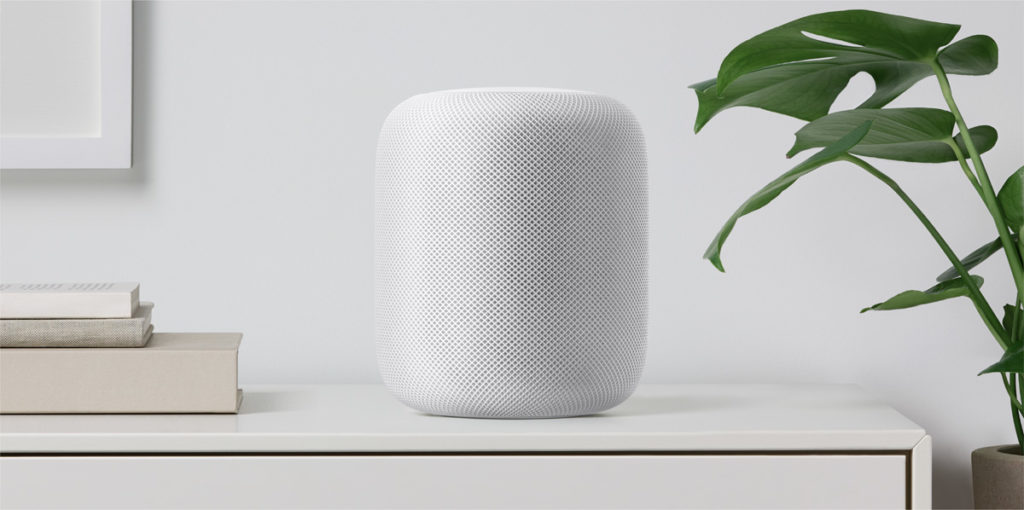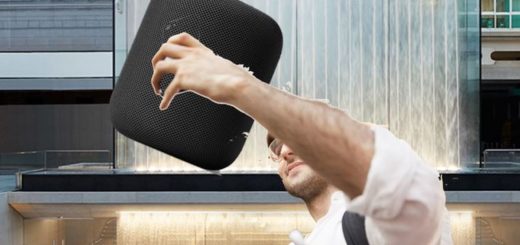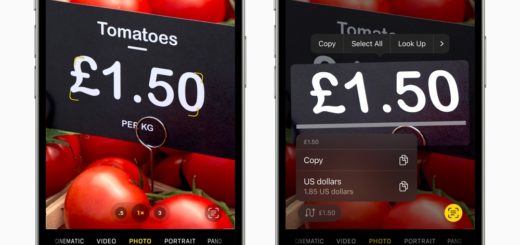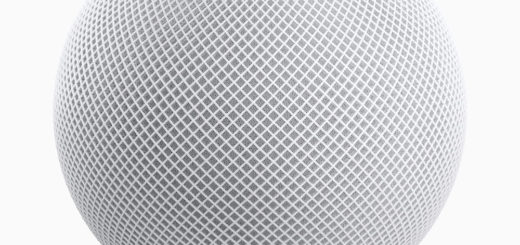Millennials – Apple’s HomePod Home Run

Apple has a better chance than you think with HomePod.
You see, while most commentators see that product as the company’s answer to Alexa/Echo, they need to look a little deeper and actually analyse what Alexa/Echo actually represents. And they really should think about the kind of people most likely to use the HomePod regularly. Who are these people?
Millennials
Millennials love music. They grew up with digital. They understand voice assistants. They love to use Spotify, but they also love using Apple Music, particularly if their parents happen to keep an Apple Music account. And, guess what: HomePod hosts a brilliant speaker system which means the music they get to listen to should sound outstanding.
That’s all conjecture, so I wandered off to see if I could find any research statistics to back my thinking up. Search and you will find, they say, and this time I stumbled across the latest Teen Study from the Ambassador’s Company, a company that says its mission is to “connect businesses with teens who can give key insights, feedback, and suggestions in order to provide the teen perspective.”
So far, so blah, but the company’s latest study (of just 50 people, 49 of them iPhone users) delivers food for thought – though it’s mainly based on what teenagers in California are thinking, so – you know, I think a wider sample may be more representative.
The study isn’t about HomePod use among these people, of course, but its findings suggest some opportunity.
With that out the way here are a few findings:
Less is more
Teenagers don’t have time to use dozens of apps, they coalesce around a few. They like simple apps that don’t demand too much learning time, and resist copycat apps that provide little value.
Awareness
Millennials are politically aware, and have opinions about things that matter, such as climate change, racism, homophobia. They are aware of these things.
On the Spot(ify)
Spotify is popular, but Apple Music isn’t far behind. 60 percent of teens use Spotify, while 44 percent use Apple Music. Soundcloud hits place three with 34 percent. Yes, teens do use more than one service regularly.
They like Spotify’s social features, playlist sharing and radio features, but Apple Music’s convenience is that it’s built into the iPhone OS, and many parent’s let their youngsters use their accounts.
It is important to note that the survey claims Apple Music to be the second most likely service teens will subscribe to in its own right after Spotify, ahead of YouTube, Netflix, Hulu and HBO Now).
Can’t live without
The things millennials subscribe to tend to be “things we feel we need”, says the study. That need is defined as being things they would rather pay for than lack, which sounds a bit meh, but there you go.
What does this mean?
It means that when it comes to music, teenagers are used to using Apple Music. Sure, they prefer Spotify, but they like the convenience of iOS, which is the platform most of them (in California and I’d welcome a wider tranche of insight) already use.
One more thing: when it comes to watching video, teenagers use their laptop most, their phone second, and their TV is third choice.
The spoken word
The thing about Alexa is that it’s all about speaking. You can use it to do all kinds of things, particularly if you shop. Surely that makes it really popular?
Sorry, but no, the Ambassador Company survey is quite specific.
“As of now, the only voice app Ambassadors use is Siri due to its direct convenience,” the survey explains. (Here are some of the things we know Siri can deal with on HomePod.)
Think about that.
Then think about this:
While 78 percent of this sample group already have Alexa in their home,
“Those who have and can use Alexa find that it doesn’t have capabilities different enough from “what is the weather” and turning on the lights to keep the app useful. It doesn’t fit into routine for those who have it and don’t use it.”
It just isn’t relevant to the things these young people do. According to the report.
What you want
That’s a big deal, as it means there’s an opportunity for a device like the HomePod – so long as it offers functions this critical young audience want and need to use. Such as Apple Music through great-sounding speakers.
Days of our lives
It may also be interesting to think about how this precious group of growing adults spend their days: they start off by checking social media, and then have “loads and loads’ of homework, some work, they spend time with their friends.
What’s the background to that? Music. And when you can beam music from your iPhone (which most teens in this group have) directly to the HomePod speaker over AirPlay, you have a compelling and engaging reason to use the system during those precious moments when hanging out with friends.
Maybe….
I do think it’s a fairly limited survey, both in terms of sample group and geography, but the results do rather fit a narrative in which the HomePod product has a chance to become something most teenagers will want in their den, in part because they use and like iOS already, but also because it can provide things they need – such as high-quality music playback of streamed Apple Music tracks.
Amazon has a plan to combat this, of course – we know it intends introducing its own high-quality Alexa-based product in future, but it will have to work a little harder to break through the consciousness of a new generation who are most likely to become enthusiastic about brands that “stand for something” and have a “defined vibe”. Apple has a little of both. What does Amazon stand for?




